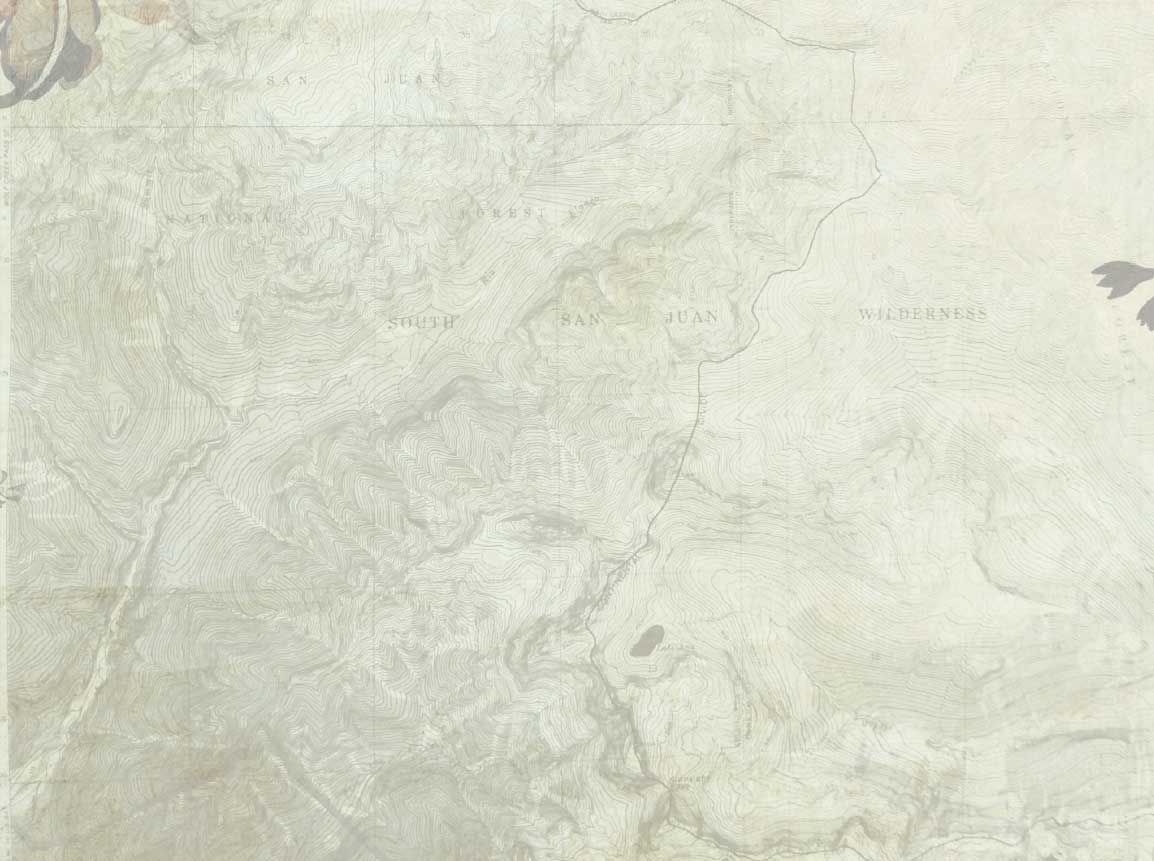
Click here to download the article:
A very engaging conversation with an executive recently was interrupted by a young man using a leaf blower. It was a perfect spring day, and the outdoor environs of Colorado beckoned us to a patio area, and creativity was soaring. We were at one of those moments where we were reaching into the heart of the matter, and we found ourselves interrupted.
It was a curious thing, among the budding trees and grass, that this person was out running the gas-powered machine only 35 feet away as there was nearly nothing in terms of trash or dead plant material in sight. The two of us watched how the worker’s focus was oblivious to us. We looked at one another in the way a clever comedy has people share an expression that said, “What…?” Perhaps there was even a silent expletive shared between us; I won’t tell.
After a time, we were able to hear one another, and we shifted the conversation to what had just happened. We were full of unanswered questions, such as:
Were we unseen, and did he not see that there was no significant debris?
Was he trapped into a specific duty and time to conduct the task?
Did his work have any meaning?
This last question really stuck. As we continued to watch him in his other tasks and talk about what we saw, we concluded that his workday was merely a list of tasks to be accomplished. I easily could imagine the clipboard hanging on the back of the door to the maintenance shed that indicated what must be done and by when. Work structure ruled over individual thought. The blank look on Leaf-Blower’s face reflected that he had become a robot, and that he was living that checklist.
Where do you see people going through motions, maybe completely as Leaf-Blower left the yard spotless, but in such a way where they cannot see two men, 35 feet away, enjoying a rich conversation? A question for leaders: Are your people doing a job, or are they engaged in a calling? Mowing grass is not a calling. Providing a clean and beautiful landscape environment for others to relax, engage in dialog, and reconnect with imagination, is a calling. How do you see and structure the roles in your organization? What is communicated, recognized, and rewarded?
I am reminded of a quote by Elisabeth Kubler-Ross:
“As far as service goes, it can take the form of a million things. To do service, you don’t have to be a doctor working in the slums for free, or become a social worker. Your position in life and what you do doesn’t matter as much as how you do what you do.”

